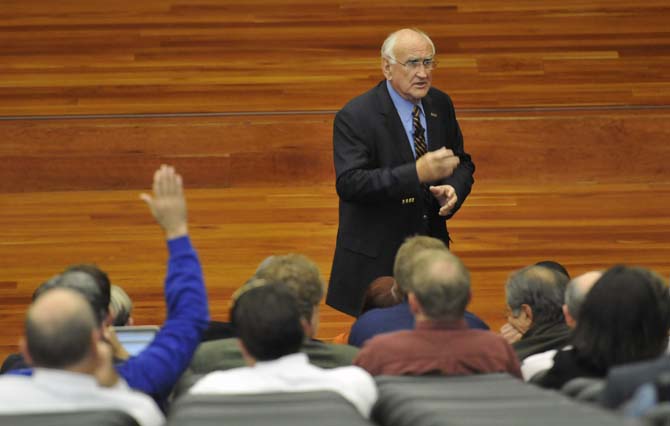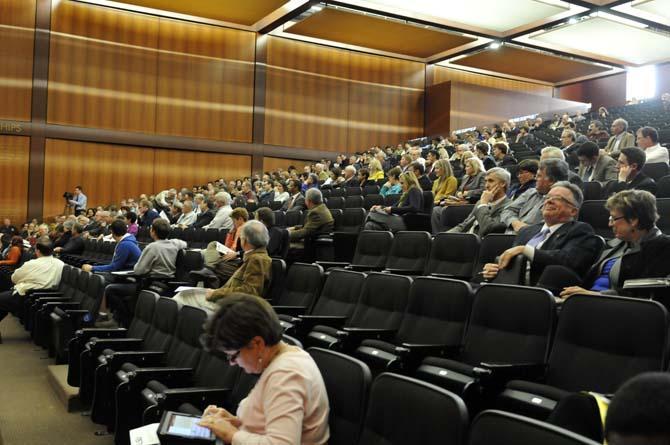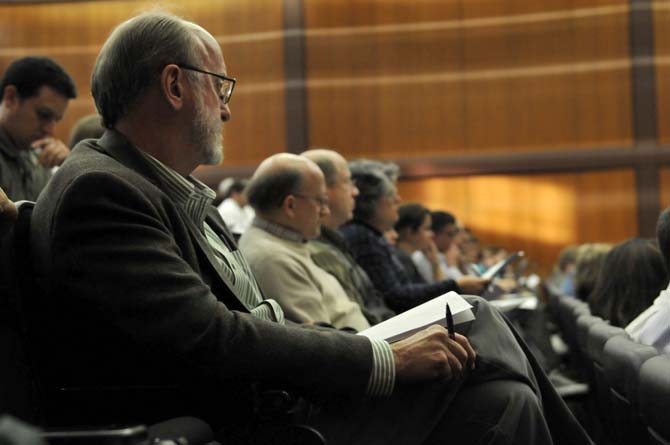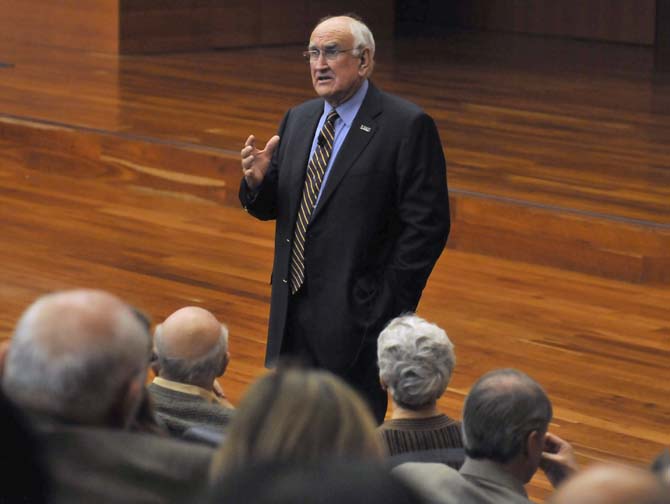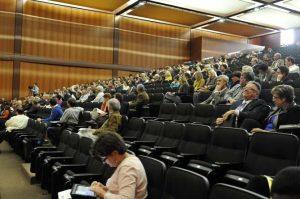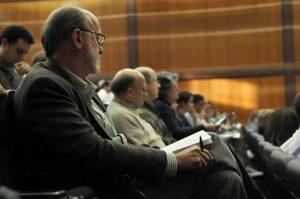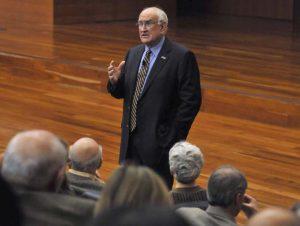Don’t blink this semester.
Before you know it, LSU could be a different university, and those steering the flagship may be more unfamiliar to students than they have been in the past.
As “One LSU” clangs throughout campus as the LSU buzzword for 2013 and leaders discuss building a group of universities that are all tied together under one chancellor, a group of 10 people deemed the Transition Advisory Team is exploring what can be done to improve the University’s structure.
There are doctors and lawyers and business executives on the team. Even Lt. Gen. Russel L. Honoré brings in the perspective of a renowned disaster management expert after emerging from the murky waters of Hurricane Katrina recovery.
But among these 10 individuals who each have “a unique understanding” of the LSU System, there is not one student.
Given that students are the primary stakeholders of the University — they’re the ones who pay tuition, who attend classes, who win awards in the University’s name, whose research puts LSU’s name on the map — shouldn’t at least one member of the Transition Advisory Team be a student?
The Transition Advisory Team, as most LSU System projects, seems destined to become tangled in bureaucracy. Five subcommittees will sit under the team and the people who will sit on those haven’t been appointed yet. Surely a student or two will sit on the subcommittees, but it’s still not enough because they will get lost in the bureaucracy.
It’s clear from studying the LSU System that our leaders believe change comes from the top-down. That means students need a chance to voice their concerns to their leaders before change is orchestrated.
It’s not fair for the University’s administrators to ask students to pay attention to the reorganization process when students aren’t included in that process. Yes, it’s important for our leaders to ask questions about structure and research, but it’s equally important for them to ask students what they want to see and what their ideas are for a revamped LSU System.
Who knows? Maybe students could hold the answers to LSU’s budget woes or faculty retention problems.
If the goal of reorganizing LSU is to make it a better place for students, then give us a list of reasons why a revamped LSU benefits students. We not only deserve to know where our tuition dollars are going and how our university will look in the future — we deserve to have a say in it.
But wait. There’s more. On the advisory team charged with reorganizing a land, sea and space grant research university with a reputation upheld by esteemed, world-renowned faculty, not one faculty member sits among the 10 individuals charged with the LSU System’s future.
We encourage everyone to take a close look at the members of the Transition Advisory Team and consider if these are the people who you think are most qualified to direct the future of your university.
If LSU’s leaders are truly looking to make effective, permanent changes that better the LSU System, they need to do it the right way by including students and faculty members at the highest point in the process. Without those voices, LSU loses the two most important components of a university: those who teach and those who learn.



